B.C. Liberal MP Weiler read a letter to Trudeau and caucus on behalf of dissenting MPs, calling for the prime minister’s resignation
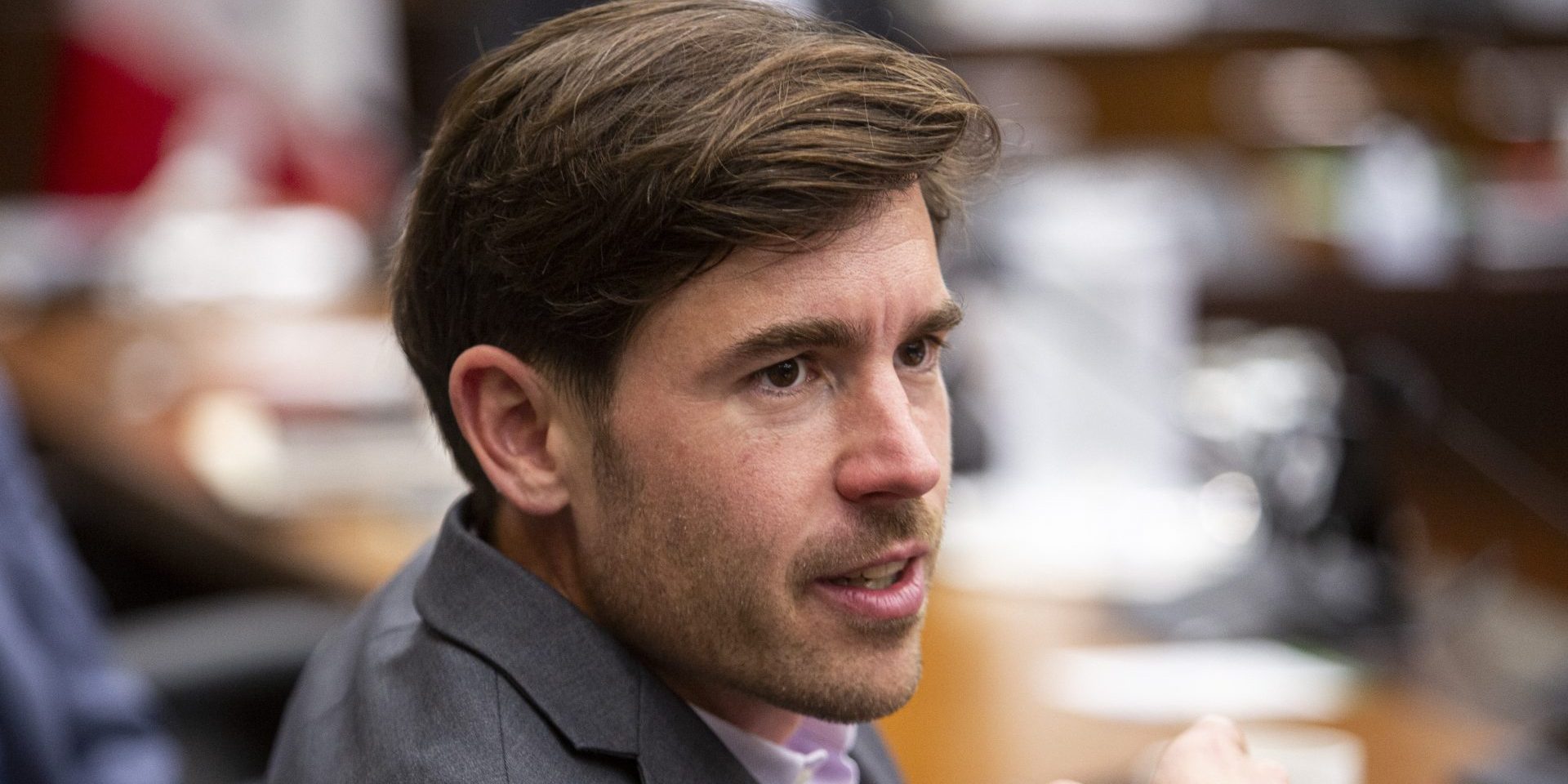
Two-term B.C. Liberal MP Patrick Weiler read out a letter to Prime Minister Justin Trudeau at the party’s national caucus meeting on Oct. 23, telling the full Liberal caucus that 24 MPs have signed the document calling for the leader’s resignation by Oct. 28, according to Liberal sources.
Weiler (West Vancouver—Sunshine Coast—Sea to Sky Country, B.C.), who was unavailable for an interview by deadline, was the first speaker at the highly anticipated Oct. 23 Liberal national caucus meeting. The letter was later handed over to Trudeau (Papineau, Que.). The document contained only the text of the letter, but not the signatures of the 24 dissident MPs.
According to MPs present at the meeting, the letter conveyed the views of constituents who want a change in leadership, and the MPs expressed their hope for a response from the prime minister by Oct. 28.
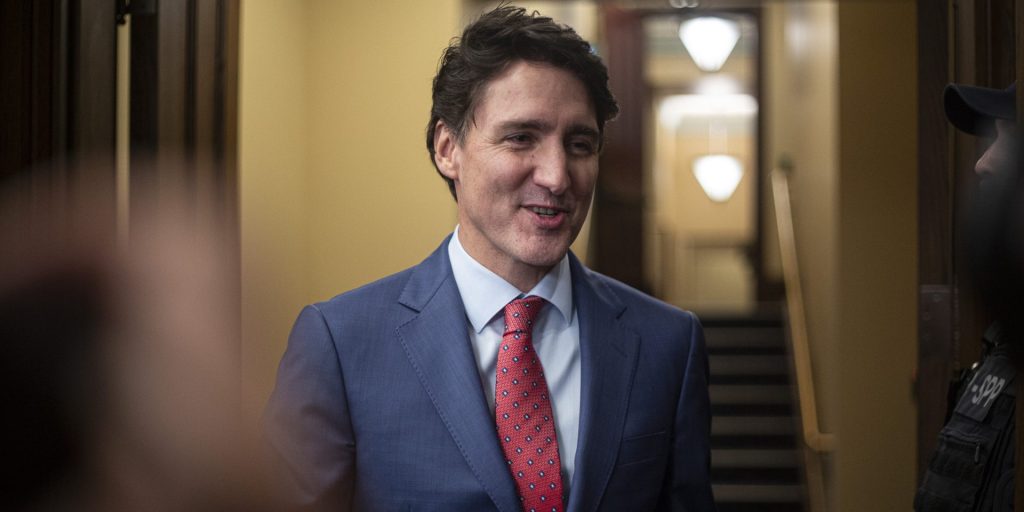
In interviews with The Hill Times, some dissenting MPs stated that they have not yet decided on their course of action if the prime minister does not step down by next week. For now, they said, it is up to each of the 24 MPs who signed the letter to determine their individual responses. Overall, sources present at the meeting described the tone as very respectful, with some saying that, compared to meetings held over the past number of years, this felt like a true caucus meeting.
“This is the best caucus we’ve had, just how caucus should always be,” said a Liberal MP, who spoke on not for attribution basis as all caucus meetings are confidential. “There were a number of people who said, ‘You know, everyone who has spoken up today should be applauded for the courage.’ And this is exactly what it was. The first time we’ve had a caucus meeting where people actually spoke their mind.”
Two sources from the dissenting group of MPs said that around 50 MPs spoke at the meeting, with about 25 of them urging Trudeau to step down.
“If 24 people sign a letter, you have to expect that 50 people are thinking [what the letter says],” said the MP.
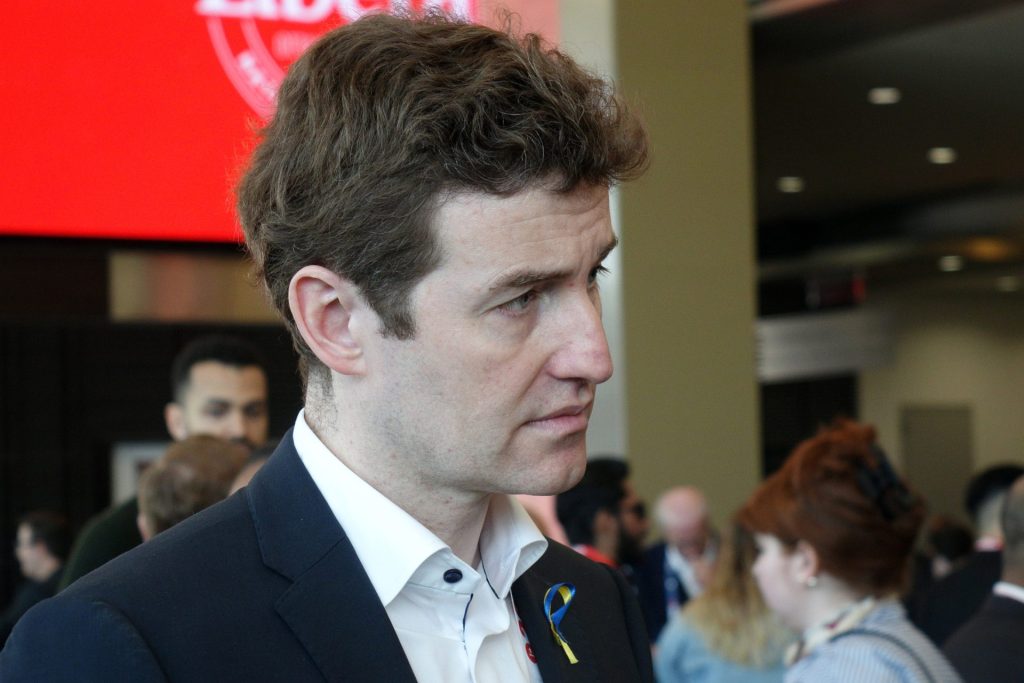
Some of the MPs who openly called for Trudeau’s resignation at the meeting are Weiler, Yvan Baker (Etobicoke Centre, Ont.), Wayne Long (Saint John—Rothesay, N.B.), George Chahal (Calgary Skyview, Alta.), Sameer Zuberi (Pierrefonds-Dollard, Que.), Ali Ehsassi (Willowdale, Ont.), Parm Bains (Steveston-Richmond East, B.C.), and Ken McDonald (Avalon, Nfld.).
Some of the MPs who spoke in favour of Trudeau remaining as party leader include Health Minister Mark Holland (Ajax, Ont.), and Liberal MPs Yasir Naqvi (Ottawa Centre, Ont.), Taleeb Noormohamed (Vancouver Granville, B.C.), Chandra Arya (Nepean, Ont.), Sukh Dhaliwal (Surrey—Newton, B.C.), and Adam Van Koeverden (Milton, Ont.).
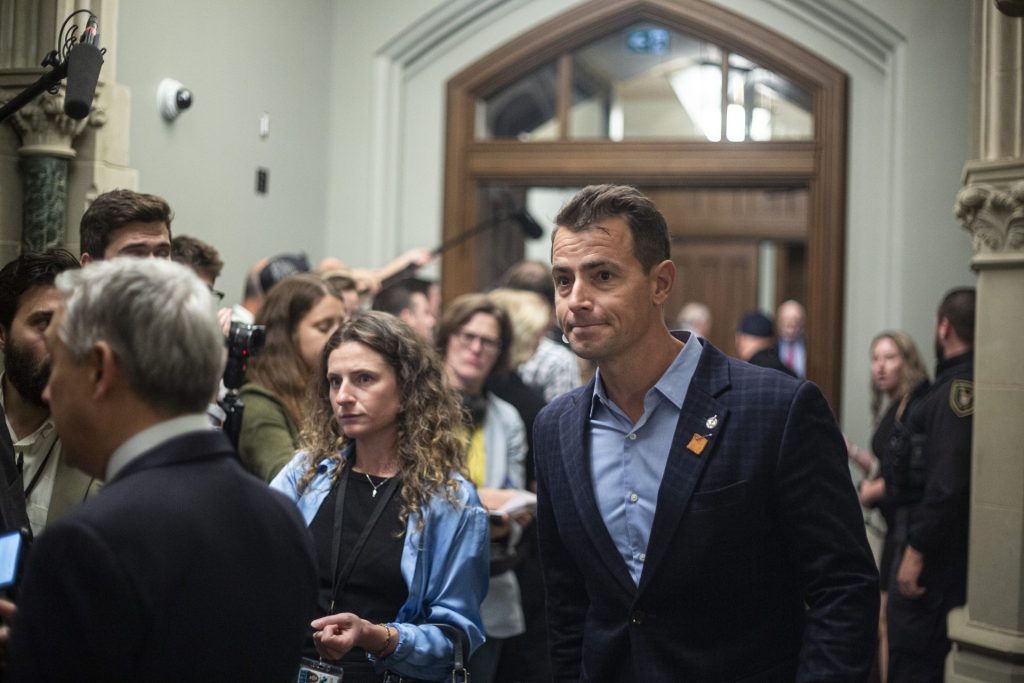
At the start of caucus, Trudeau delivered a roughly 20-minute opening speech, during which he admitted he hadn’t slept the night before in anticipation of the meeting. He became emotional, with tears in his eyes, as he spoke about the toll the situation has taken on his family. He also called for party unity.
The caucus meeting was scheduled from 10 a.m. until noon, but went overtime and ended at 1:30 p.m.
In scrums following the caucus meeting, MPs declined to disclose what transpired, as caucus meetings for all parties are strictly confidential.
“We are united, we are determined to defeat Pierre Poilievre,” said Liberal MP Julie Dzerowicz (Davenport, Ont.), in an interview with The Hill Times. “Our prime minister spent a lot of time this morning, and it was a really important conversation that we had, and so in the coming days and weeks, you’ll be hearing more.”
The PMO declined to comment for this story.
Simmering tensions
The caucus meeting came after weeks of mounting internal discontent that was increasingly spilling into the media.
The Liberals have been trailing the Conservatives in national opinion polls by a double-digit margin for more than a year. Tension had been mounting ever since the loss of a traditionally safe Liberal seat in a June byelection in Toronto-St. Paul’s, Ont. That was amplified with another byelection loss in September in the former Liberal stronghold of LaSalle–Émard–Verdun, Que.
As MPs left Ottawa for the Thanksgiving break, The Hill Times was one of several media outlets to report that more than 20 Liberal MPs had signed a document pledging their mutual support to stand united in an effort to challenge the prime minister’s leadership—a challenge they say is motivated by concerns that Trudeau cannot win the next election. These developments were first reported by The Toronto Star.
Sources involved with the efforts to oust Trudeau said that no MP who signed the document was given a copy or allowed to take a picture of it. The signed document was an attempt to ensure the dissident MPs would remain united when the PMO inevitably mounted pressure to thwart the coup.
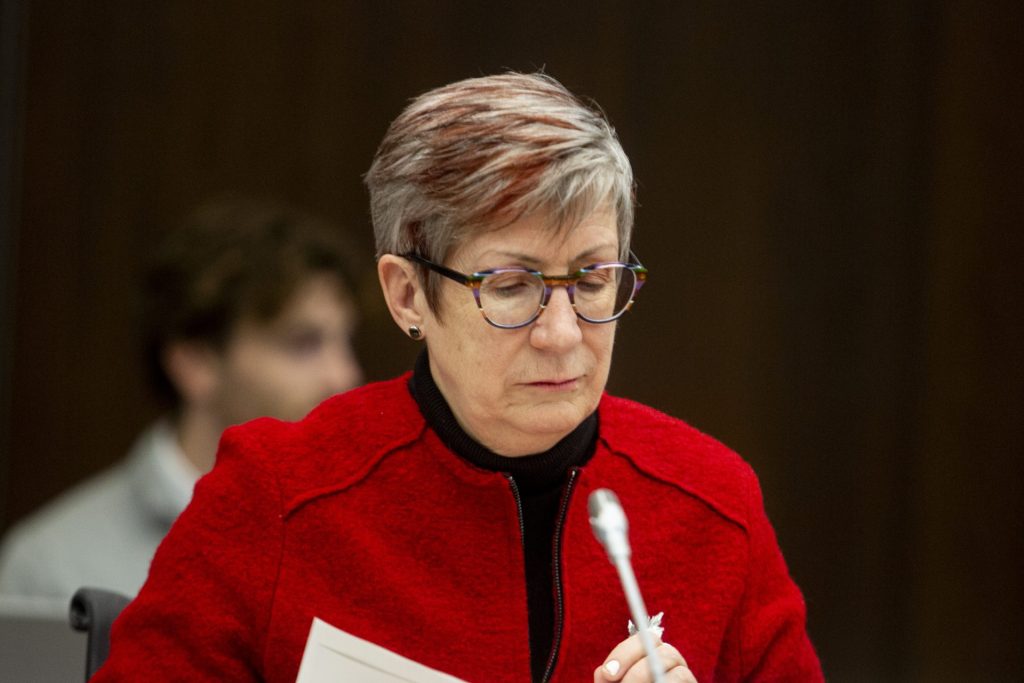
Members of the dissenting group say they have made serious efforts to raise their concerns at caucus for months, but claim they have been effectively “blocked” by caucus chair and Liberal MP Brenda Shanahan (Châteauguay-Lacolle, Que.) and the PMO at every turn. They highlight that, after the June byelection loss, nine MPs sent a written request to Shanahan for a discussion, but it was denied for “logistical” reasons.
No formal mechanism to force secret-ballot vote
Several Liberal MPs, who commented on a not-for-attribution basis in order to speak candidly, told The Hill Times that one idea being considered by dissident caucus members was to request a secret ballot vote on Trudeau’s leadership at the Oct. 23 meeting. They said their strategies for the high-stakes meeting would continue to evolve as events unfolded.
The MPs face a significant challenge in forcing Trudeau out, because there is no mechanism in place within the Liberal caucus to force a vote on the party leadership, or to compel the leader to abide by the results of such a vote.
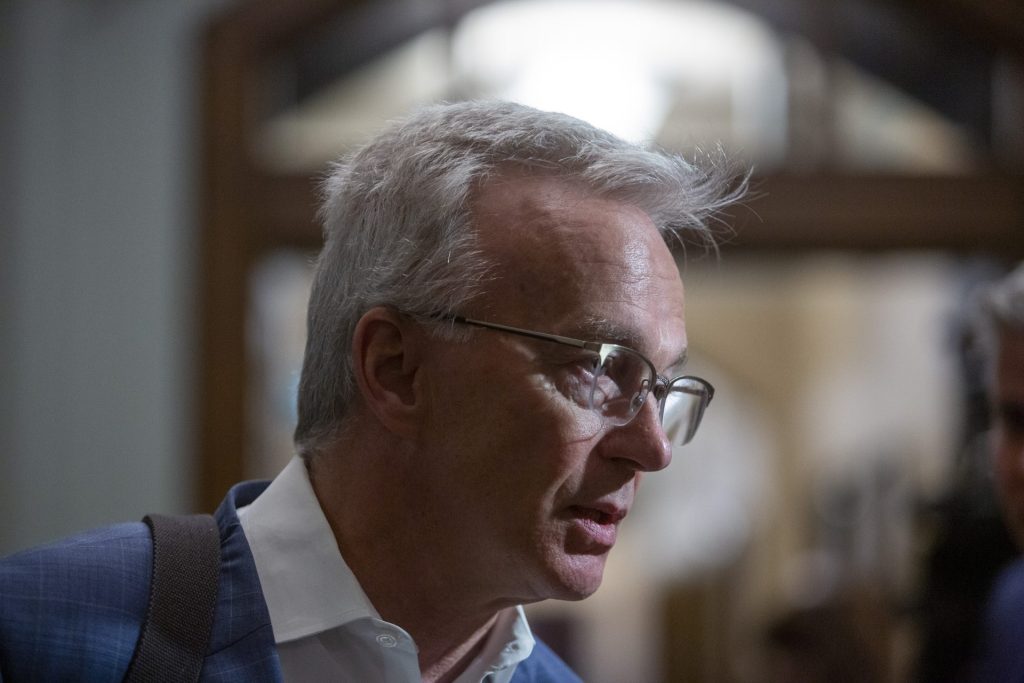
On Oct. 22, Liberal MP Sean Casey (Charlottetown, P.E.I.) told The Hill Times that “in hindsight, absolutely” the Liberal caucus should have adopted the Reform Act at the start of this parliamentary session. That would empower MPs by law to force a secret-ballot leadership review in caucus, upon presenting a document signed by at least 20 per cent of Liberal MPs calling for such a vote.
Dissenting MPs say constituents have ‘had enough’ of Trudeau
Casey, along with two other Atlantic Liberal MPs—Long and McDonald—were the only three members in advance of the meeting to have publicly confirmed they signed the document.
Both Long and McDonald have raised questions about Trudeau’s leadership on several occasions in past months. Casey emerged more recently as a dissident, telling CBC News on Oct. 15 that “People have had enough. They’ve tuned him out and they want him to go.”
Atlantic Canada has been a particular source of the mounting discontent within the caucus. The Toronto Star reported that Liberal MP Kody Blois (Kings—Hants, N.S.), chair of the Atlantic caucus, came to the microphone at the Oct. 9 Liberal national caucus meeting to report that at the regional caucus meeting, “Atlantic caucus had a difficult, frank and open conversation about the future of the party.”
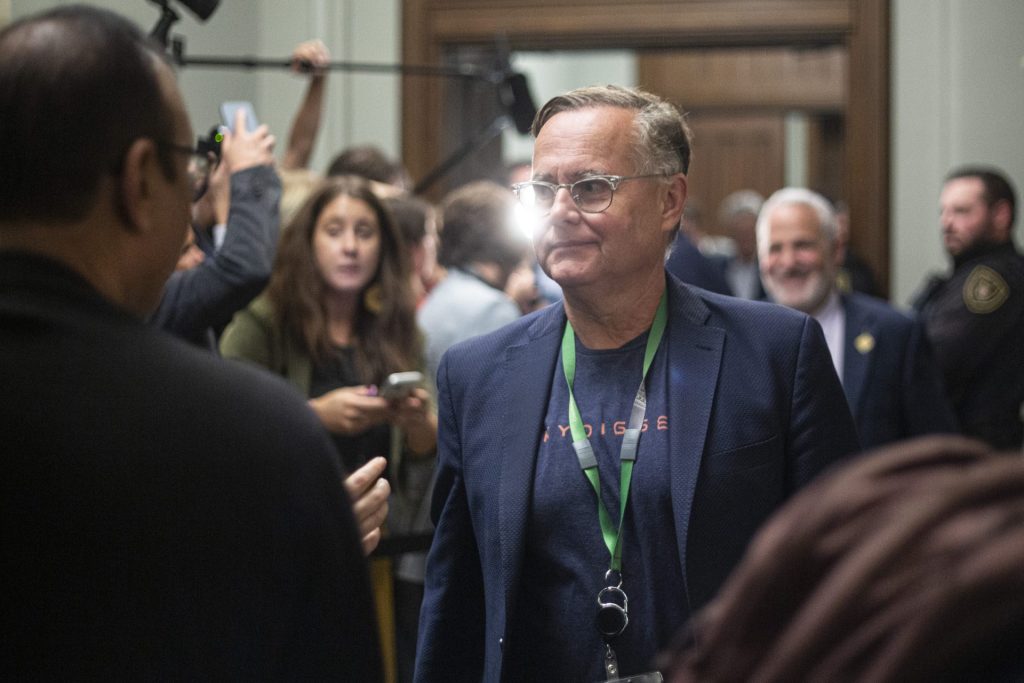
Several veteran pollsters and party operatives in Atlantic Canada told The Hill Times that MPs from this region—who represent small, close-knit communities—may have their finger closer to the pulse of voters and the mood of discontent that currently possesses them. They said this may be driving these MPs to report these issues with greater urgency.
Liberal MP Alexandra Mendès (Brossard—Saint-Lambert, Que.) has also raised her concerns in public. On Sept. 9, during the Liberal caucus retreat, she told reporters she has heard from “dozens and dozens” of constituents over the summer who said Trudeau is “no longer the right leader.”
They are “very adamant the prime minister needs to go,” said Mendès.
Trudeau’s critics—both those speaking publicly and anonymously—have consistently framed their concerns as being driven not by a personal dislike of the prime minister, but by a concern that he has lost the support of voters and cannot win the next election.
PM and allies say caucus is united, but Nanos says this may only be ‘round one’
The prime minister and some of his closest allies emerged from the caucus meeting saying that the party was united.
“The Liberal Party is strong and united,” said Trudeau, smiling, as he gave his only comment to reporters as he emerged from the meeting.
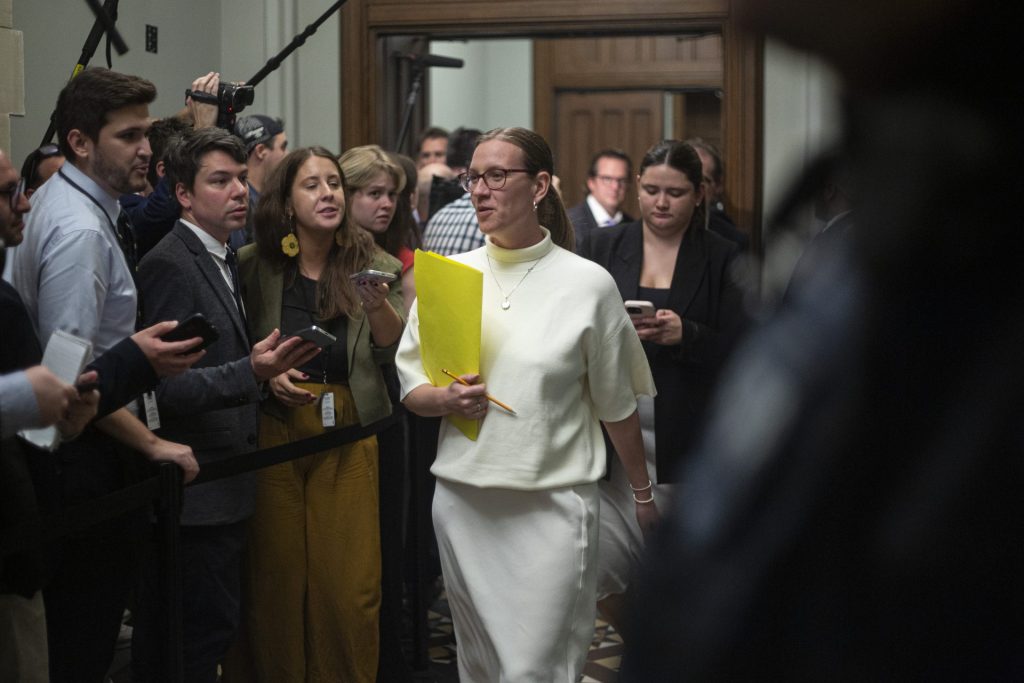
Government House Leader Karina Gould (Burlington, Ont.) described the caucus meeting as “a robust conversation.”
Immigration Minister Marc Miller (Ville-Marie—Le Sud-Ouest—Île-des-Soeurs, Que.), a personal friend of Trudeau who had previously described the efforts to oust the prime minister as “garbage,” praised his colleagues who had raised the challenge.
“I’m extremely proud of them airing things out in private, and having a frank conversation that was really, was really truthful,” said Miller.
“I think we still have some stuff to sort out, but I think it was a great conversation. People were honest and weren’t doing it as a whisper campaign,” he said. “So I’m actually quite confident.”
Liberal MP Nathaniel Erskine-Smith (Beaches—East York, Ont.) called the meeting a “healthy” conversation.
Industry Minister François-Philippe Champagne (Saint-Maurice—Champlain, Que.) said caucus is “like a dinner table.”
“At the end of the dinner, we all need to come out and relentless focus on serving Canadians and winning the next election,” said Champagne.
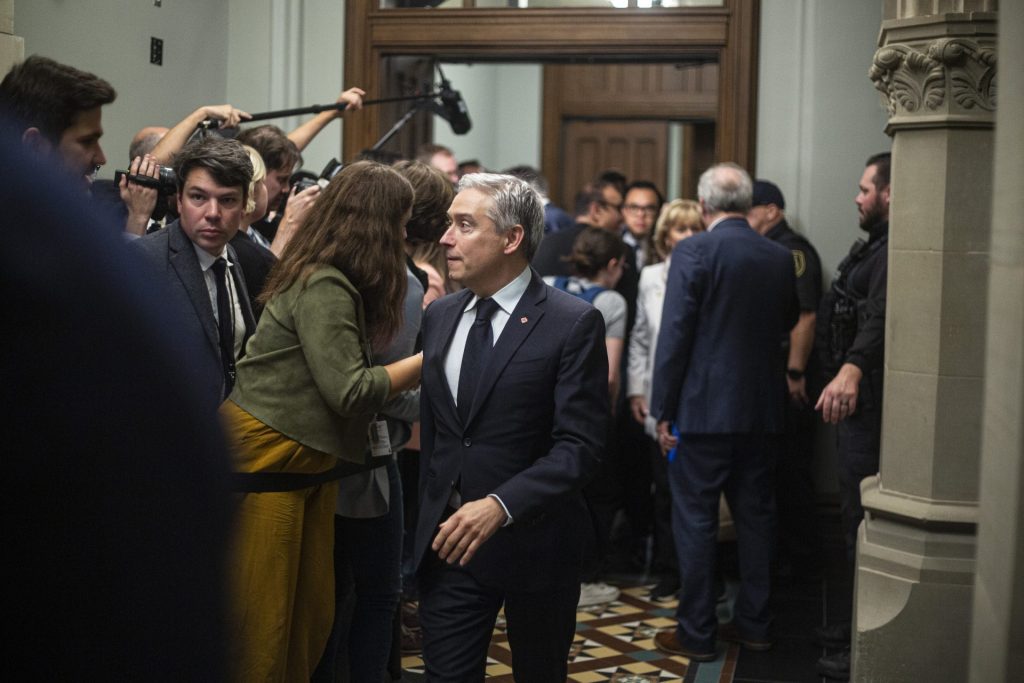
However, pollster Nik Nanos said these are the kinds of remarks that belie problems beneath the surface.
“Strong, robust and healthy conversation is usually when an employer is ready to fire someone,” said Nanos. “That’s code for there’s trouble brewing in the Liberal caucus.”
He said these comments indicated this may only be “round one, and eventually someone’s going to get knocked out of the ring.”
Nanos said that the government seemed to be headed to becoming a “government of regrets” on a wide range of issues from electoral reform to the environment and Indigenous reconciliation.
“That’s probably one of the reasons why Justin Trudeau is hanging on,” said Nanos.
“He’s probably doing a personal accounting of all the things that he probably would have wanted to accomplish as prime minister,” said Nanos. “I would hazard to say that he’s not where he probably hoped that he would be after being prime minister for nine years.”
The Hill Times





 LICENSING
LICENSING PODCAST
PODCAST ALERTS
ALERTS













